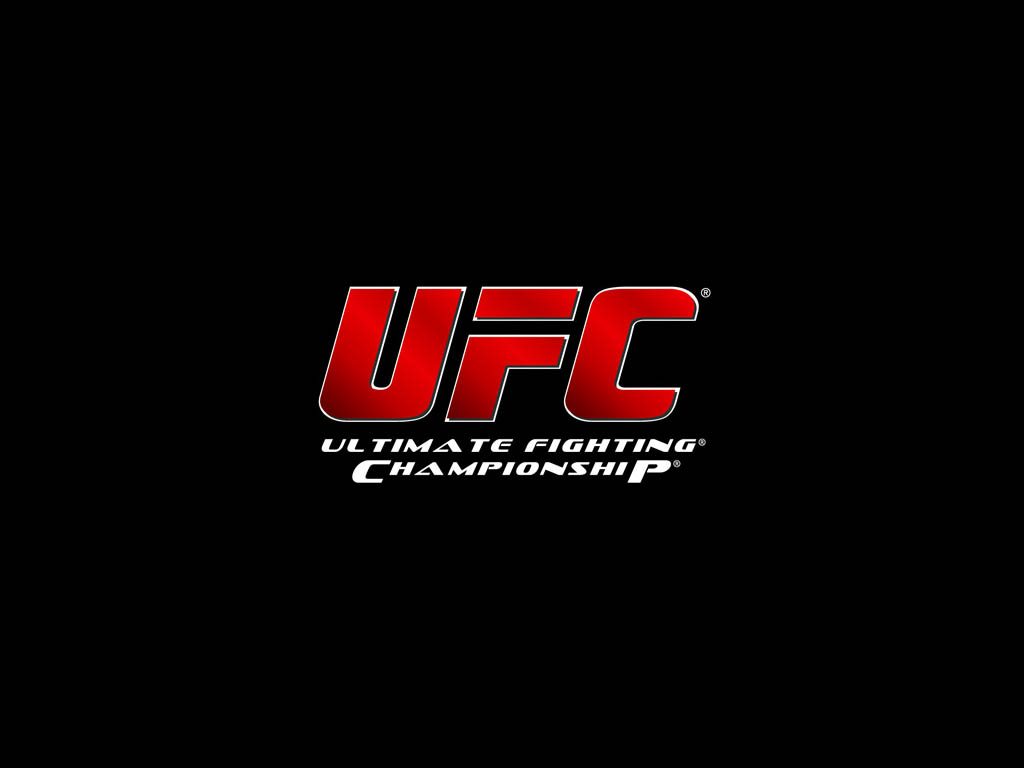Mixed Martial Arts is preparing for one of its biggest bouts in a long time: the battle for the legalization of professional fights in New York. The Ultimate Fighting Championship and other promotions were banned from hosting events in the state in 1997 and New York is currently the only state that hasn’t legalized the sport yet. Amateur fights are legal, however.
For the sixth year in a row, the legislature’s upper chamber voted in favor of legalizing MMA, 47-14. The state assembly now has to pass the bill for MMA to be legally recognized in New York. To get that far, the bill must pass through the Committee on Tourism, Parks, Arts and Sports Development, Codes, then Ways & Means and finally Rules.
That may seem like a tall hurdle but UFC officials are cautiously optimistic that 2015 may be the year. The new Assembly Speaker, Carl Heastie (D-Bronx), is a known supporter of MMA. He replaced Sheldon Silver (D-Manhattan) who resigned after facing federal corruption charges. Silver was strongly against legalizing the sport.
The UFC brought in its own star power in an effort to persuade politicians to vote in favor of legalization. Ronda Rousey, the UFC Women’s Bantamweight Champion, visited the state capitol building to meet with Governor Andrew Cuomo among others. Cuomo is interested in the sport and the positive economic impact it could have on the state. A report by HR&A Advisors, Inc. states that $135 million would be attained by three upstate and two downstate UFC events, along with several events by other promotions.
There would be no shortage of stud fighters the UFC could bring in to fill venues such as the Barclays Center and Madison Square Garden. Rousey would likely love to fight in New York when one considers her efforts to get the sport legalized in the state. Middleweight Champion Chris Weidman comes from New York. Assuming he doesn’t lose his belt before the UFC is able to host events in New York, those two defending their champion statuses would make for a stacked card. Other New York fighters that are likely itching to compete in front of a home crowd are lightweight Al Iaquinta, middleweights Eddie Gordon, Costas Philippou and Uriah Hall, featherweight Dennis Bermudez and others.
The main argument against MMA in New York is concern for the fighters’ safety, as well as some who consider the sport too violent and barbaric. While the UFC has had over 6,000 bouts with no severe injuries, questions about the head trauma risks competitors face have arisen. Athletes in sports like football and hockey also risk serious injury. Like those sports, MMA has a trained referee monitoring the safety of its athletes at all times during matches.
The most common potentially serious injury in MMA is eye-pokes. One of the worst cases of that in recent memory was Daron Cruickshank being poked in the eye by KJ Noons in a fight last December. Cruickshank needed surgery to repair a torn tear duct, but is back to fighting since the incident.
Anderson Silva suffered a broken leg when he snapped his tibia in two in a rematch against Chris Weidman, but has since fought again after a long recovery. While those injuries sound bad, the fighters have been able to compete again relatively soon after their respective injury occurred. Hockey and football players have arguably faced worse career and life-threatening injuries.
All of that taken into account, it will be interesting to see what happens with MMA legalization in New York this year.




Comments are closed.